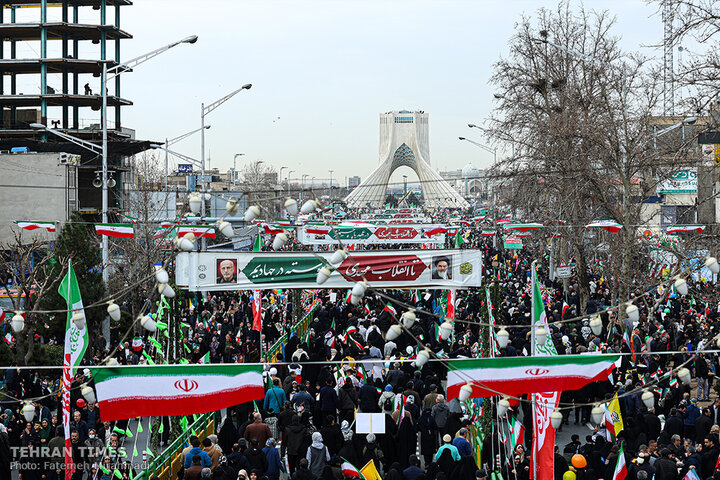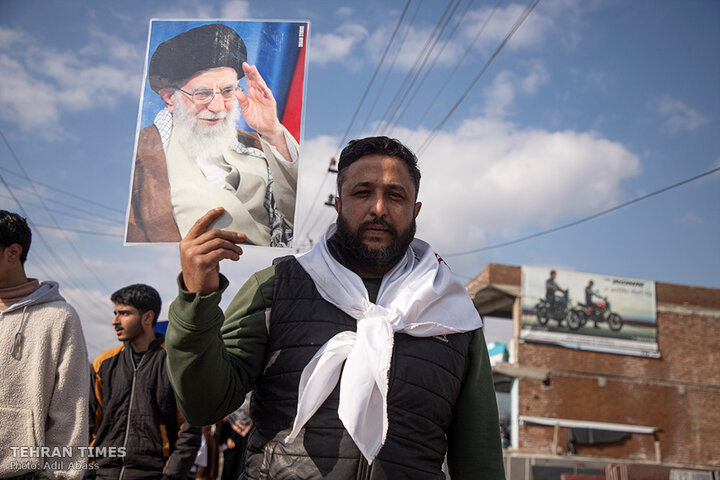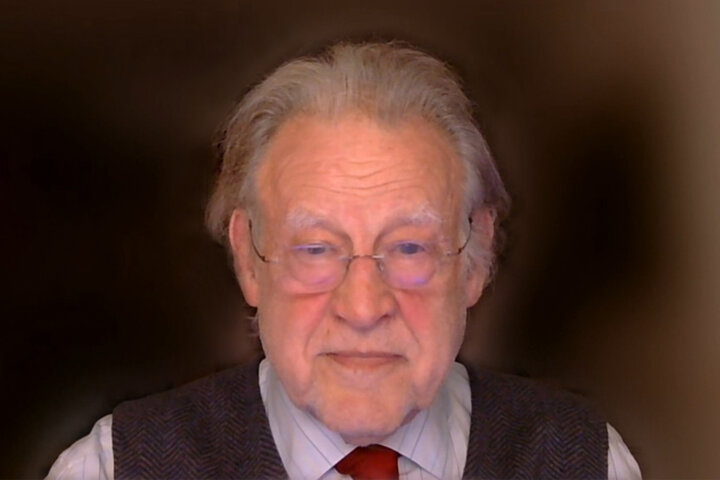-
 2026-02-11 20:31
2026-02-11 20:31
By Saleh Abidi Maleki
Iranian nation proves bigger than Trump's 'big armada'
Millions of Iranians rally to mark 47th Islamic Revolution anniversary
TEHRAN – Bahman 22 (February 11) is the day Iran unveils its power and dignity every year, said Iran’s Leader of the Islamic Revolution, Ayatollah Seyyed Ali Khamenei, on Monday, two days before the annual rallies were set to take place. “Disappoint the enemy,” he added in a televised message. Observers could argue that this is precisely what the Iranian people went on to do.
-
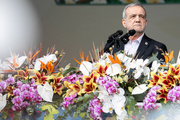
We will solidly counter the challenges ahead: Pezeshkian
TEHRAN – President Masoud Pezeshkian declared on Wednesday that Iran will counter problems facing the country through national resilience under the insightful guidelines of the Leader of the Islamic Revolution.
-
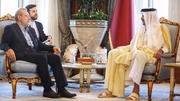
Larijani visits Doha and Muscat ahead of second round of nuclear talks
TEHRAN – Ali Larijani, Secretary of Iran’s Supreme National Security Council, held high-level talks in Doha on Wednesday as Tehran continues an intense round of regional consultations amid ongoing indirect negotiations with the United States.
-

“Land of Angels” triumphs at 44th Fajr Film Festival
TEHRAN- Iranian director Babak Khajehpasha’s “Land of Angels” was named best film at the 44th Fajr Film Festival during the closing ceremony held at Tehran’s Vahdat Hall on Wednesday.
-

Yemen’s Ansarullah warns US against any raid on Iran
TEHRAN - A member of the political bureau of Yemen's Ansarullah movement has warned the United States against launching any military aggression against Iran.
-
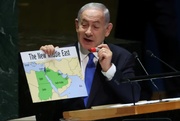
Netanyahu arrives in Washington to press Trump as Iran–US talks resume
TEHRAN – Israeli Prime Minister Benjamin Netanyahu has arrived in Washington after moving up his trip, a step widely seen as an attempt to obstruct renewed diplomatic engagement between Iran and the United States.
Politics
-
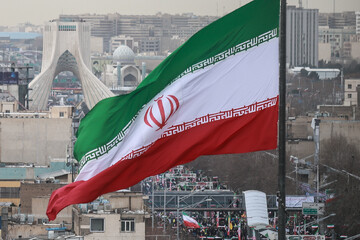
Congratulations pour in as Iran celebrates the birth of the Islamic Revolution
TEHRAN — Messages of congratulations have poured in from across the globe on the 47th anniversary of the Islamic Revolution.
-
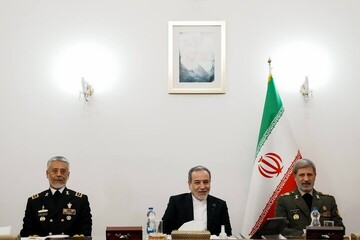
Gen. Hatami says Army and diplomacy working in tandem to defend the Iranian nation
TEHRAN – Iranian Foreign Minister Abbas Araghchi hosted a high-level team of senior Army commanders on Wednesday to discuss the strategic synergy between the nation’s military and diplomatic efforts.
-
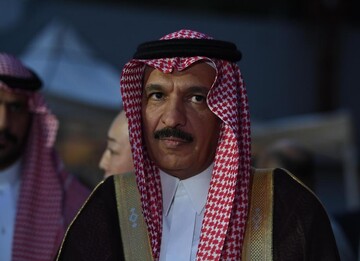
Tehran-Riyadh co-op best response to Israeli moves: Saudi ambassador
TEHRAN – The Saudi ambassador to Iran says cooperation and coordination between Tehran and Riyadh would be the best response to the Israeli regime’s actions and behavior in the region.
Sports
-

Iran handball sets sights on future goals, Pakdel says
TEHRAN – Alireza Pakdel, head of Iran handball federation, is prioritizing long-term development over short-term results.
-

Iran's Futsal: a flawed victory sounds continental alarm
TEHRAN - Iran's national futsal team secured their 14th AFC Asian Cup in 2026, yet this hard-fought triumph feels less like a celebration of dominance and more like a stark warning.
-

Iran’s Greco-Roman team win 2026 Zagreb Open
TEHRAN – Iran’s Greco-Roman team claimed the title of the 2026 Zagreb Open Sunday night.
Culture
-

“Land of Angels” triumphs at 44th Fajr Film Festival
TEHRAN- Iranian director Babak Khajehpasha’s “Land of Angels” was named best film at the 44th Fajr Film Festival during the closing ceremony held at Tehran’s Vahdat Hall on Wednesday.
-
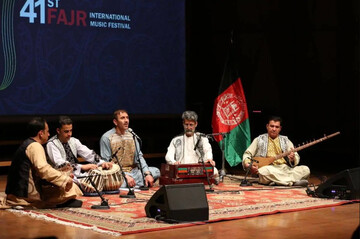
Afghanistan’s “Salam” group performs homeland, exile melodies at Fajr International Music Festival
TEHRAN – The Afghan music group “Salam” took the stage on Tuesday, the second day of the 41st Fajr International Music Festival, at Roudaki Hall, performing local and traditional pieces from Afghanistan.
-

Iranian director to stage reading of “A Marriage Proposal”
TEHRAN- A stage reading of Anton Chekhov’s comic play “A Marriage Proposal” will be held in Mehrab Theater Hall in Tehran on February 20.
Economy
-
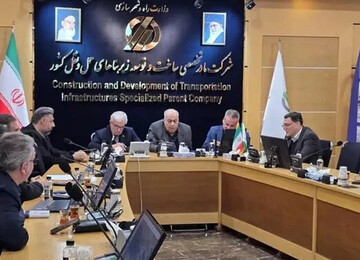
Tehran to host intl. conference on rail, road corridor investment
TEHRAN – Tehran is set to host an international conference on investment and financing opportunities of rail and road corridors on February 14, organized by the Ministry of Transport and Urban Development, officials said on Tuesday.
-
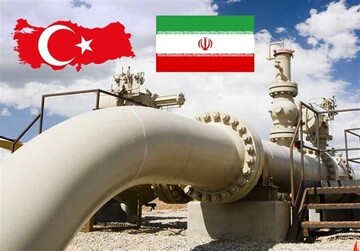
Iran’s gas exports to Turkey rise to over 8b cubic meters in 2025
TEHRAN – Iran’s natural gas exports to Turkey grew by about 16 percent in 2025, reaching more than 8.17 billion cubic meters, according to the latest data cited by Eurostat.
-
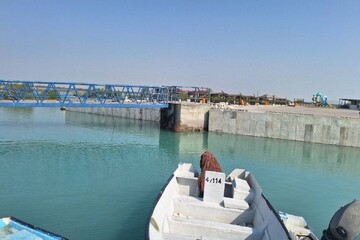
7 port projects launched in Hormozgan to boost container capacity
TEHRAN – Seven maritime and port projects were inaugurated in the southern province of Hormozgan, including key developments at Shahid Rajaee Port, aimed at expanding container capacity and upgrading strategic equipment, state media reported.
Society
-

Iran among top 10 countries in regenerative medicine
TEHRAN – With the approval of six new advanced therapy medicinal products (ATMPs), Iran has showcased breakthroughs in regenerative medicine, improving the country’s global ranking from 12 to 7.
-

DOE restoring four wetlands across country
TEHRAN – The Department of Environment (DOE) is reviving four wetlands, namely Bamdej in southwestern Khuzestan province, Gomishan in northern Golestan province, Arjan in southern Fars province, and Quri Gol in northwestern East Azarbaijan province.
-
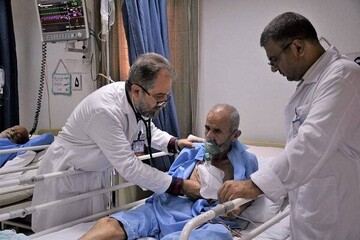
National men’s health week to be marked
TEHRAN – The health ministry will observe the national men’s health week from February 20 to 26 to raise awareness on the importance of men's health among the public and policymakers.
Tourism
-
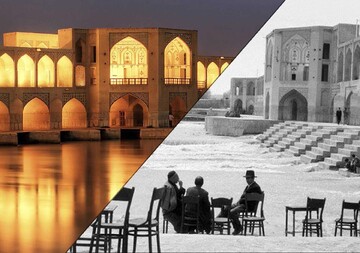
Official highlights Isfahan’s potential as West Asia medical tourism hub
TEHRAN - Isfahan has the capacity to become a medical tourism hub not only in Iran but across West Aisa, a provincial tourism official said on Wednesday.
-
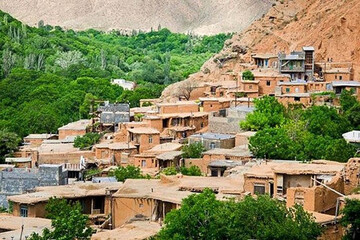
North Khorasan has capacity to become standalone tourism destination, official says
TEHRAN - North Khorasan province has the capacity to become a complete tourism destination on its own, a senior tourism official said during a one-day visit to the province.
-
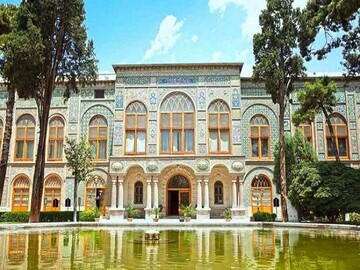
Strengthening operations begin in Golestan Palace
TEHRAN--The strengthening operations of Golestan Palace components in Tehran has begun in line with the preventive protection of historical monuments.
International
-
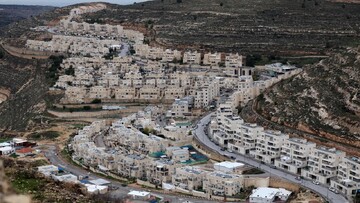
Condemnation without consequences: Western complicity in Israel’s expanding grip on the West Bank
TEHRAN – Israel’s latest measures in the West Bank mark another significant step in its long-term expansionist policy. By extending Israeli control into areas currently under Palestinian administration and making it easier for non-Arabs to buy land, Israel is clearly working to strengthen settlements and weaken any future Palestinian state.
-
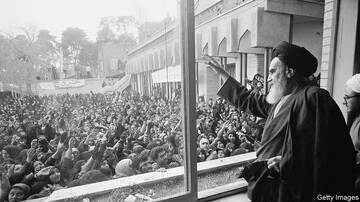
From revolutionary echoes to regional equations: Lebanon, Iran, and the unfinished struggle
BEIRUT — From the earliest days of Imam Khomeini’s revolution, the Shiites of Lebanon were not distant observers but active moral participants in its unfolding narrative.
-
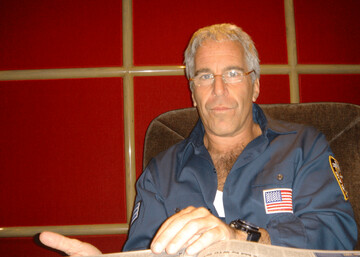
‘Pizza,’ power, and the pedophile blueprint
TEHRAN – The recent release of 3.5 million pages of the final Epstein tranche—bringing the total cache to nearly 7 million—is not merely the latest chapter in a sordid scandal. It is an autopsy of a dying empire, the terminal diagnosis of a Western elite class that has traded its soul for the dark currency of ritualistic abuse and geopolitical blackmail.
Most Viewed
-
Congratulations pour in as Iran celebrates the birth of the Islamic Revolution
-
Iranian nation proves bigger than Trump's 'big armada'
-
We will solidly counter the challenges ahead: Pezeshkian
-
Yemen’s Ansarullah warns US against any raid on Iran
-
Netanyahu arrives in Washington to press Trump as Iran–US talks resume
-
Iran’s gas exports to Turkey rise to over 8b cubic meters in 2025
-
Tehran to host intl. conference on rail, road corridor investment
-
Epstein's Island: Deep Dive
-
Tehran-Riyadh co-op best response to Israeli moves: Saudi ambassador
-
7 port projects launched in Hormozgan to boost container capacity
-
Bahman 22 rallies in photos
-
Larijani visits Doha and Muscat ahead of second round of nuclear talks
-
Iran among top 10 countries in regenerative medicine
-
Gen. Hatami says Army and diplomacy working in tandem to defend the Iranian nation
-
Condemnation without consequences: Western complicity in Israel’s expanding grip on the West Bank





